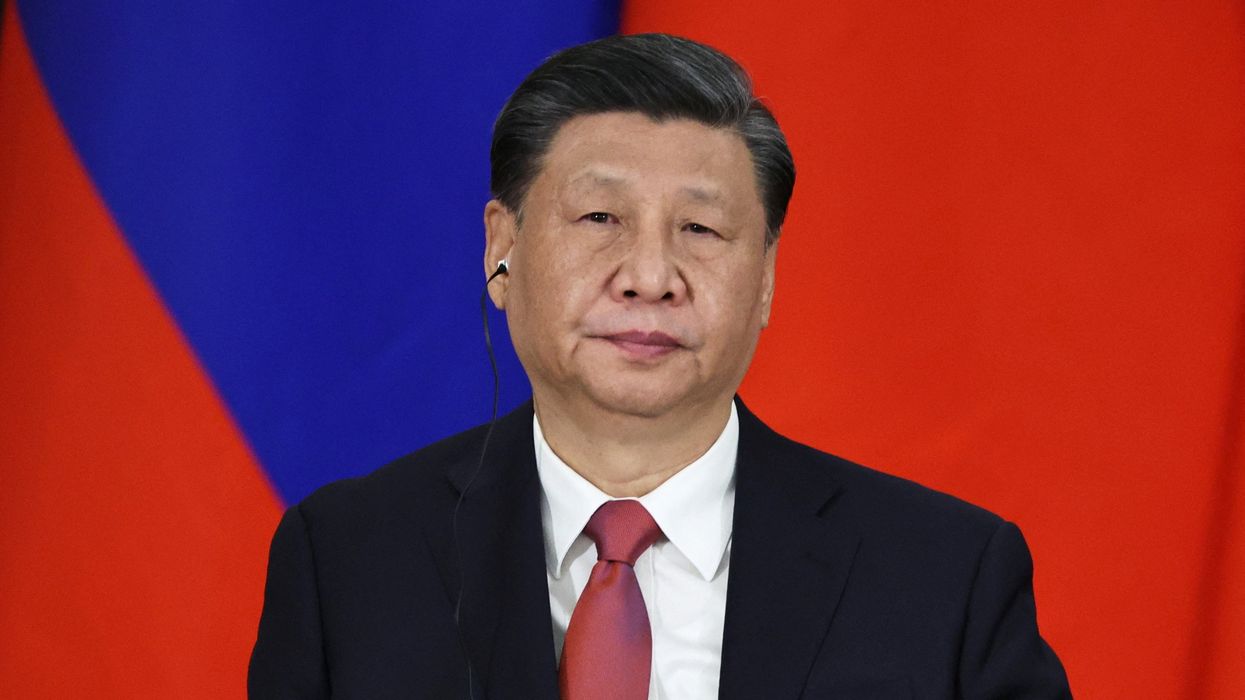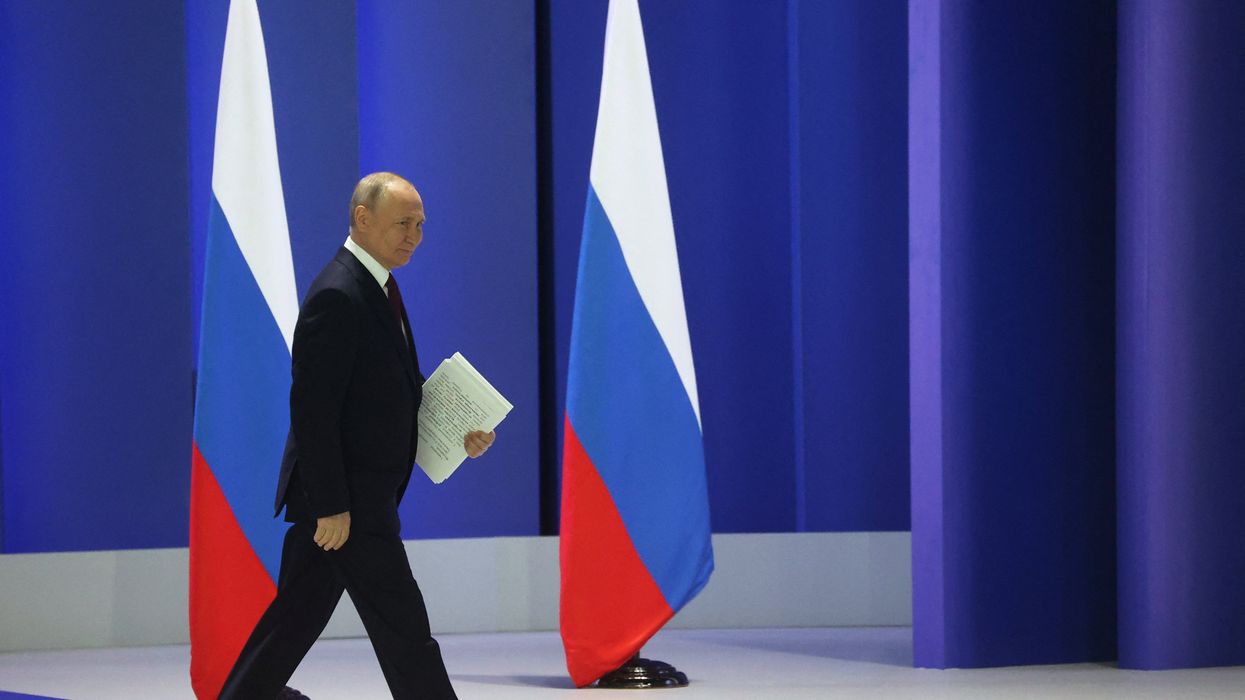Hard Numbers
Hard Numbers: Ski resort fire in Turkey, Bolton loses Secret Service protections, Putin and Xi hold joint meeting, Historic snow in the South
76: A devastating fire at Turkey’s Grand Kartal Hotel ski resort killed 76 people and injured scores of others on Tuesday. The blaze began at 3:30 a.m.
Jan 21, 2025





